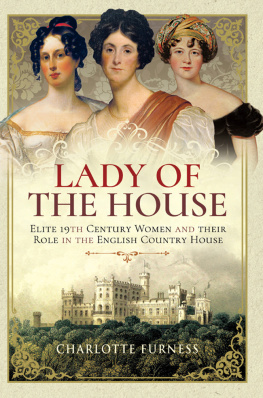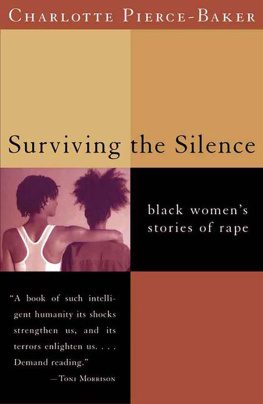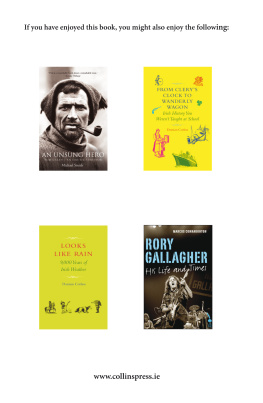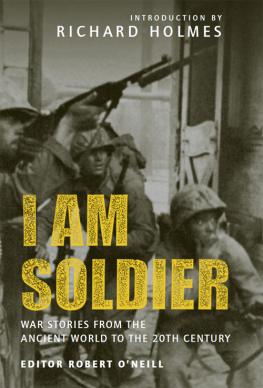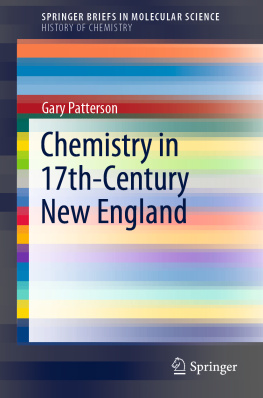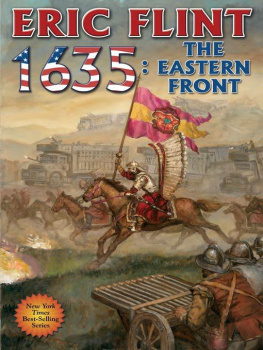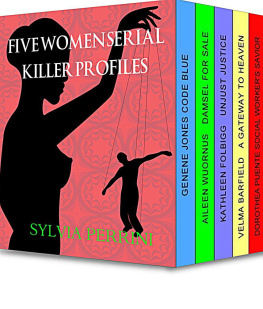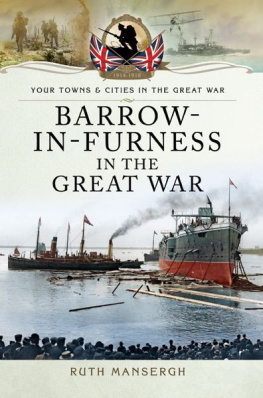UNMARRIED WOMEN OF THE COUNTRY ESTATE
FOUR STORIES FROM 17TH20TH CENTURY
ANNA
but should your early hopes be blighted,
and should you be by fortune slighted,
say, can you live a single life,
and envy not the name of wife?
EMMA
Yes rather than a Clown Id wed,
a fool, a fop or one ill bred,
Through life I single would remain,
Twill spare my heart full many a pain
The Choice of a Husband c.1825
UNMARRIED WOMEN OF THE COUNTRY ESTATE
FOUR STORIES FROM 17TH20TH CENTURY
CHARLOTTE FURNESS
First published in Great Britain in 2020 by
PEN AND SWORD HISTORY
An imprint of
Pen & Sword Books Ltd
Yorkshire Philadelphia
Copyright Charlotte Furness, 2020
ISBN 978 1 52670 438 2
eISBN 978 1 52670 440 5
Mobi ISBN 978 1 52670 439 9
The right of Charlotte Furness to be identified as Author of this work has been asserted by her in accordance with the Copyright, Designs and Patents Act 1988.
A CIP catalogue record for this book is available from the British Library.
All rights reserved. No part of this book may be reproduced or transmitted in any form or by any means, electronic or mechanical including photocopying, recording or by any information storage and retrieval system, without permission from the Publisher in writing.
Pen & Sword Books Limited incorporates the imprints of Atlas, Archaeology, Aviation, Discovery, Family History, Fiction, History, Maritime, Military, Military Classics, Politics, Select, Transport, True Crime, Air World, Frontline Publishing, Leo Cooper, Remember When, Seaforth Publishing, The Praetorian Press, Wharncliffe Local History, Wharncliffe Transport, Wharncliffe True Crime and White Owl.
For a complete list of Pen & Sword titles please contact
PEN & SWORD BOOKS LIMITED
47 Church Street, Barnsley, South Yorkshire, S70 2AS, England
E-mail:
Website: www.pen-and-sword.co.uk
Or
PEN AND SWORD BOOKS
1950 Lawrence Rd, Havertown, PA 19083, USA
E-mail:
Website: www.penandswordbooks.com
Acknowledgements
I want to thank all of the individuals and organisations who have helped me during the research and writing of this book, of which special mention must go to:
Mr George Drye & Victoria Howlett at Lamport Hall
The whole team at Northamptonshire Record Office
Paula Martin at Arlington Court for being really welcoming
and helpful in Rosalie Chichester research
The team at Plymouth & West Devon Record Office
Peter Dix for helping with Latin translations
Claire Fletcher from Hovingham Hall
Finally, I would like to thank a number of people close to me:
Becca thank you for always being there when I needed to talk to someone about stress and pressure, for believing in me and just for being such an amazing friend.
Deborah thank you for never failing to give me words of encouragement even through difficult times of your own.
Isobel thank you for letting me use your home and family as an escape for introducing me to the beautiful Welsh coast and always being such a lovely friend.
Criz thanks for helping research the particularly hard-to-find facts about my women, especially with regards to Anne Robinson. What a shame we never had cause to go to Vienna!
Melissa thanks for being my new proofreader and for looking through early drafts.
Tom again, without your constant support and belief in me, this book may not be here today. We make a great team (even if I do say so myself) and I absolutely loved sharing this crazy journey with you. Please, though, lets not do a house renovation at the same time as writing a book ever again.
To my family, Mum, Alan, Auntie Carol, Imogen, Alison, Nan, Julienne, Stephen, Auntie Sheila, and everyone else there wasnt space to mention thank you all for your support in big and small ways.
Authors Note on the Text
This book is intended to be an exploration of the lives of four particular women who lived between the seventeenth and twentieth centuries who rejected the state of marriage, why they chose to do so, how they were able to do so, and to look at their choices in relation to the historical time in which they lived.
The first woman featured in this book, Elizabeth Isham, was born in 1608, and the last in the book, Rosalie Chichester, died in 1949. Given this time span, and to enable me to discuss marriage in the context of the time in which each woman lived, I have decided to dedicate a chapter to each woman. I have ordered the women chronologically for simplicity and to create a narrative about the development of marriage through the centuries, how expectations have changed as well as changes to womens liberty.
Because of the relatively short length of this book, especially considering the breadth of the topic, I strongly encourage all readers to see it as a mere introduction, both to the subject of the history of marriage and also to the women featured. I chose these women either because I felt only part of their story had been told and their achievements needed to be recognised, or because their stories had never actually been told and similarly, needed to be heard. Each chapter is presented as a miniature biography and so some aspects of their lives may be referred to sparingly, as the overall discussion is about living an adult single life (or what was considered so by society at the time). Therefore childhood and elderly years are not always discussed in detail unless pertinent to the discussion.
I urge any interested persons to peruse the bibliography of this book and to do your own research through libraries, record offices, and the work of other historians. I too will be continuing my studies of these women post-publication.
It is common in historical documents to find several different spellings for a historical figure and it can often be difficult to determine what the correct spelling is. Where possible I have attempted to source a birth certificate or a handwritten letter for each person to determine correct spelling, although because we have to rely on parish records pre-1837, this comes with its own issues in consistency. In an instance where all the above has not ceded a definite result, I have chosen the spelling which is used most consistently throughout all primary or secondary sources.
For the purpose of clarity, I will be sticking to one spelling for my characters names throughout the text. For example, many people refer to Anne Robinson as Ann without an e, however she signs her name with an e in her own letters, therefore I have retained that spelling choice throughout her chapter. Any differences in spelling in secondary sources will be adjusted to match my spelling choice for consistency.
Similarly, I have retained the original spelling in letters and diary entries to keep the material feeling authentic. I have not used [ sic ] for repetitive and obvious spelling errors, but once or twice for grammatical errors (such as the erroneous use of there, their, and theyre) just to make it clear that this error is in the original text. I have made this decision because, especially in the earlier sources from Elizabeth Isham and Anne Robinson, the spelling was very different to modern spelling and so any passage from them could be littered with [ sic ], therefore detracting from the overall tone of the letter.



